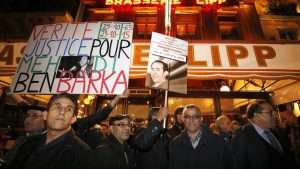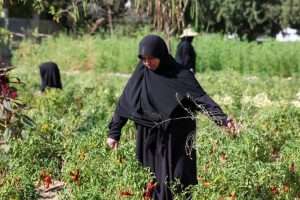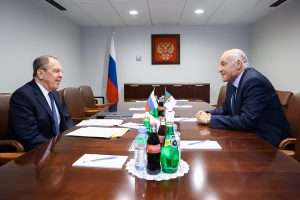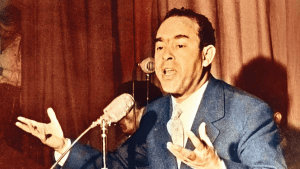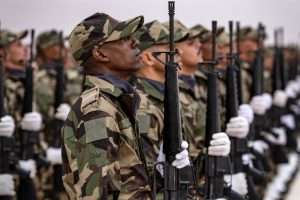Lebanon’s cabinet set for arms talks following Aoun’s mediation
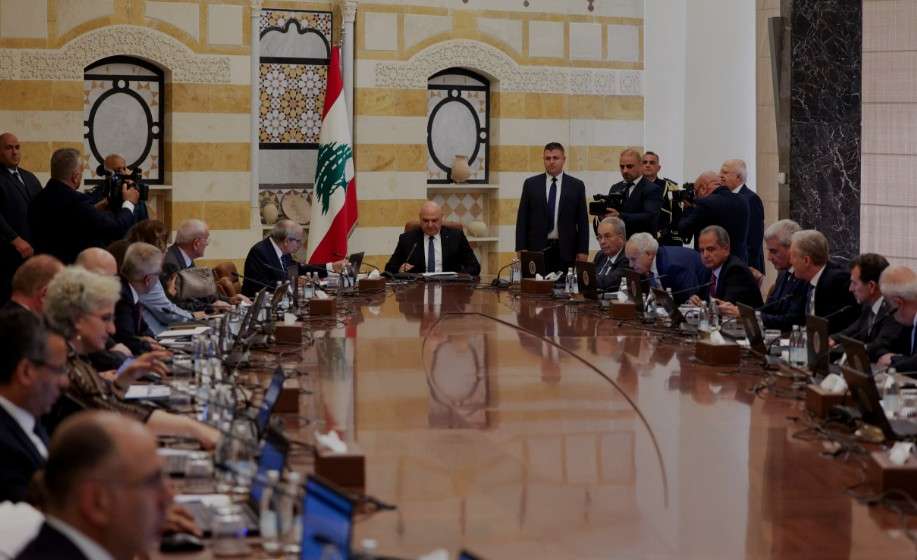
Lebanon‘s cabinet will meet on September 5th to discuss the army’s proposed plan to ensure that weapons remain solely under the control of the state, Asharq Al-Aswat reported on September 3rd, citing Reuters.
Following a period of speculation, Shiite ministers have officially confirmed their participation, following intense mediation by President Joseph Aoun with Speaker Nabih Berri and Prime Minister Nawaf Salam. The agreement guarantees full participation for a session that was in danger of being boycotted due to disagreements over the agenda.
The army’s plan, commissioned by the cabinet earlier in 2025, intends to introduce a state monopoly on arms before the end of this year.
This proposal has sparked controversy, with Shiite ministers opposing a fixed timeline, claiming previous cabinet decisions lacked legitimacy due to their absence during the decision-making process. In contrast, President Aoun and Prime Minister Salam have advocated for the plan to go ahead.
Since 1943, it has been customary for Lebanon’s president and prime minister to be a Maronite Christian and a Sunni Muslim, respectively, to maintain stability in the country’s multiconfessional state. Additionally, the position of Speaker of Parliament has been held by a Shia Muslim. This arrangement continues with the current makeup of Lebanon’s government.
Political sources indicate that talks between Hezbollah, Berri, and Aoun have led to a compromise. The army’s plan will now be integrated into a broader agenda, preventing further divisions within the cabinet.
In a recent speech commemorating Imam Musa al-Sadr’s disappearance, Berri suggested a willingness to address the subject of Hezbollah’s arms, but only as part of a national defence strategy. This approach aligns with Aoun’s commitment to a comprehensive security doctrine. Analysts suggest Berri’s stance aims to frame Hezbollah’s arsenal as an internal Lebanese issue, seeking to protect it from foreign or Israeli interference.
Despite these tensions, there is a broad consensus across Lebanon’s political spectrum on the principle of state monopoly over arms. The dispute centres on mechanisms of enforcement. Berri and Hezbollah have expressed confidence in the army’s leadership but are cautious about the government’s method of enforcement. The US initially backed synchronised efforts towards disarmament but later shifted support to Israel, complicating the discussions.
Amid ongoing challenges, there seems to be a general consensus among Lebanon’s political factions on the principle of state control over weapons. Discussions are now focused on determining the most effective methods for implementing this agreement.
Sources indicate that the army’s strategy intentionally lacks exhaustive operational steps and does not adhere to a strict timeline. The army cites the need for flexibility due to the presence of hidden infrastructure and established positions. An unnamed senior minister cautioned that postponing the plan could harm Lebanon’s reputation with its Arab and international allies. He emphasised that exclusive state control over arms has broad external support, and any retreat from this commitment would jeopardise Lebanon’s chances of gaining foreign aid.
In contrast, implementing the army’s plan could act as a “passport” for Lebanon to reinstate its regional purpose and prompt much-needed support.
Aoun’s efforts seem to have avoided a potential confrontation for now. He has continued to emphasise that the demand for the state monopoly on arms is primarily a Lebanese concern before it becomes a global one. This is seen as crucial for reinstating sovereignty and fully applying UN Security Council Resolution 1701.
Meanwhile, foreign missions in Beirut are closely watching preparations for the September 5th session, seeing it as a key test of Lebanon’s security. This begs the questions as to whether ministers will unanimously endorse the army’s plan, enabling its execution without fixed deadlines.
Asharq Al-Aswat, Maghrebi.org
Want to chase the pulse of North Africa?
Subscribe to receive our FREE weekly PDF magazine






